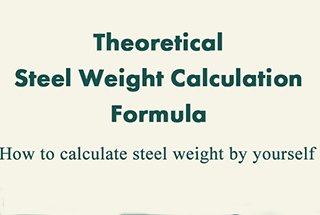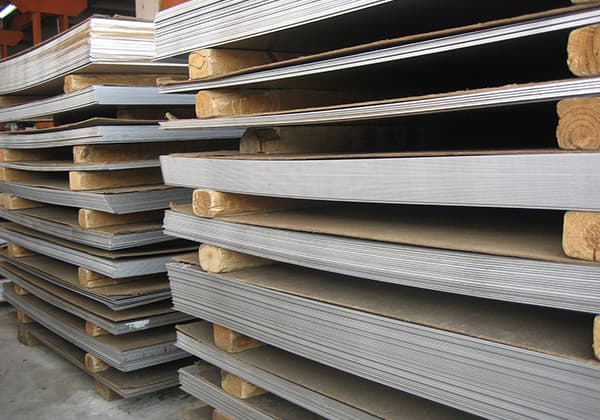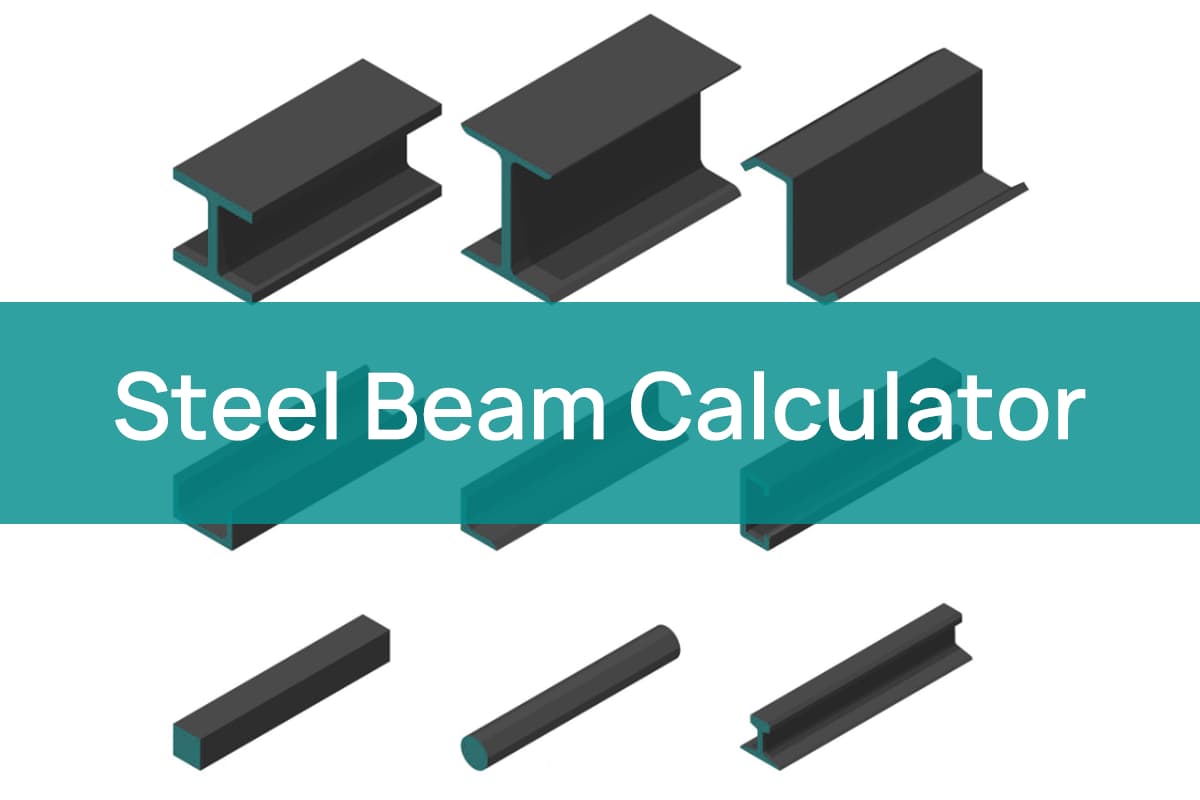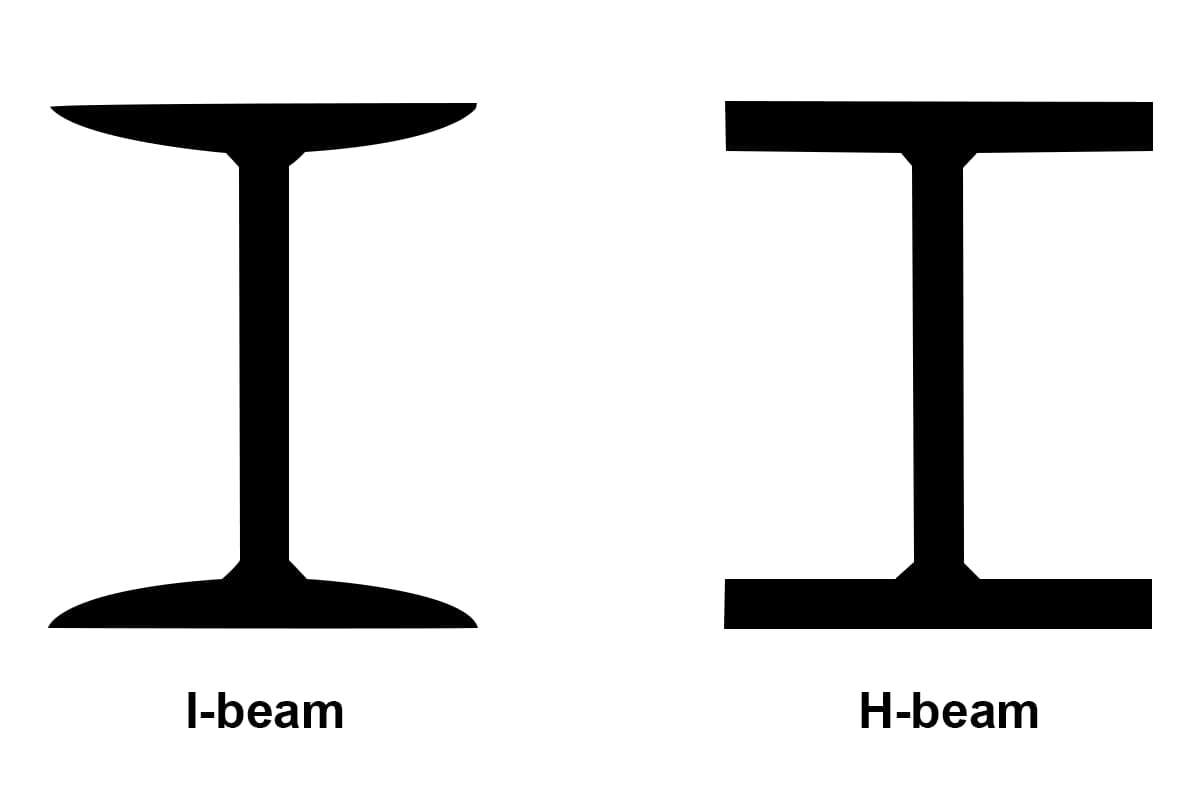
Curious about the weight of your steel project? Look no further! In this blog post, we’ll explore the intriguing world of steel weight calculation. As a seasoned mechanical engineer, I’ll guide you through the process of accurately determining the weight of various steel shapes and sizes. Whether you’re a professional or a DIY enthusiast, understanding steel weight is crucial for successful projects. Get ready to master the art of steel weight calculation and elevate your engineering game!


Understanding the density of steel, a measure of mass per unit volume, is essential when determining its suitability and weight for a variety of engineering applications. This property provides critical insights into material composition, directly impacting strength, durability, and functionality across different industries.
Steel comprises various alloys, each with unique characteristics and densities that make them suitable for specific uses. Let’s examine the distinct features of each type:
Carbon steel, characterized by its basic iron-carbon composition, is renowned for its strength and hardness.
Stainless steel stands out for its exceptional corrosion resistance due to chromium content, which forms a protective surface layer.
Several key factors affect the density of steel, including the composition of alloying elements like manganese and chromium. Additionally, manufacturing processes, such as whether steel is hot rolled or cold rolled, impact density by altering its internal structure. Lastly, the presence of impurities and variations in the steel’s internal structure can also lead to density changes.
The table below provides a quick reference to the densities of common steel types, facilitating engineers and designers in making informed material selections:
| Steel Type | Density (kg/m³) | Density (lb/in³) |
|---|---|---|
| Carbon Steel | 7,850 | 0.284 |
| Austenitic SS | 7,900 – 8,000 | 0.285 – 0.289 |
| Ferritic SS | 7,700 – 7,800 | 0.278 – 0.282 |
| Martensitic SS | 7,750 – 7,800 | 0.280 – 0.282 |
| Duplex Stainless | 7,800 | 0.282 |
Weight (kg) = Cross-sectional Area (mm²) × Length (m) × Density (ρ, kg/m³) × 10⁻⁶
Where:
This formula provides a precise method for calculating the weight of steel components, crucial for material estimation, structural analysis, and cost calculations in metal fabrication and construction projects. The 10⁻⁶ factor converts the result to kilograms, accounting for the unit conversions between mm², m, and kg/m³.
For quick estimations, engineers often use the approximation that steel weighs about 7.85 kg per cubic decimeter (dm³) or liter. This allows for rapid mental calculations when exact precision is not required.
Note: For non-standard steel alloys or specialized applications, always verify the specific density value, as it may vary slightly based on the steel grade and composition.
Our advanced online steel weight calculator empowers you to precisely determine the mass of over 20 distinct steel profiles and products, encompassing a wide range of structural and fabrication elements. This versatile tool accurately computes weights for steel plates, sheet metal, pipes, bars, beams, angles, channels, and more. The intuitive calculator interface, conveniently positioned on the right side of the page, offers a user-friendly method to calculate weights for various steel grades and alloys.
Whether you’re a structural engineer, fabricator, or procurement specialist, this calculator streamlines material estimation, cost analysis, and load calculations for your projects. Simply input the dimensions and select the steel type to obtain accurate weight data, optimizing your design and manufacturing processes.








